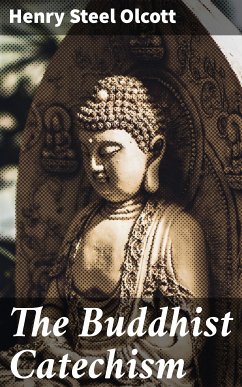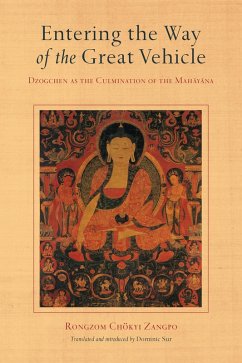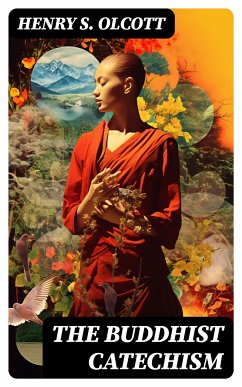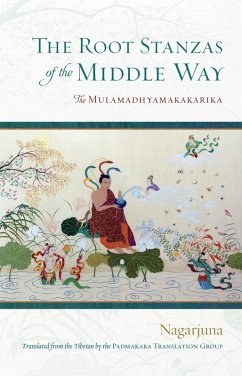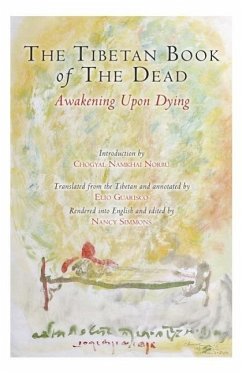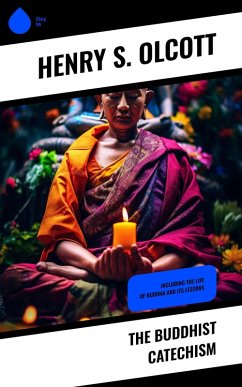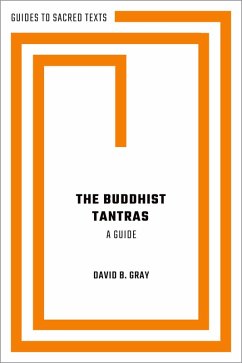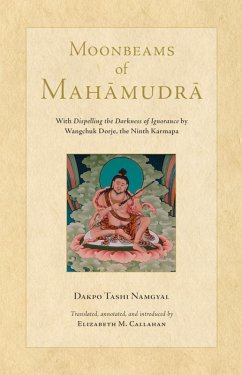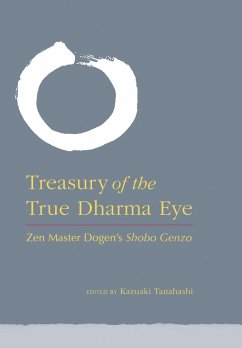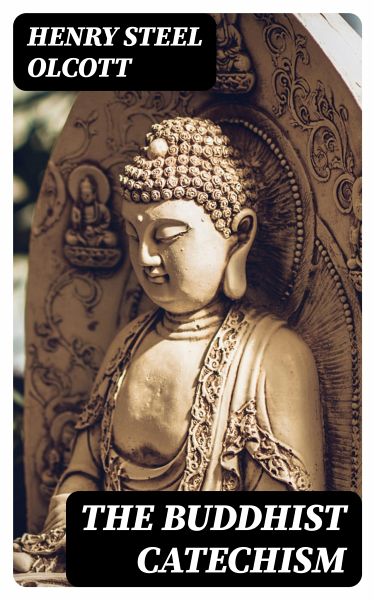
The Buddhist Catechism (eBook, ePUB)
Versandkostenfrei!
Sofort per Download lieferbar
0,49 €
inkl. MwSt.
Weitere Ausgaben:

PAYBACK Punkte
0 °P sammeln!
In "The Buddhist Catechism," Henry Steel Olcott presents a foundational text that distills the core teachings of Buddhism into an accessible guide for both the curious and the devout. Olcott's literary style is didactic yet engaging, characterized by a clear exposition of Buddhist principles combined with comparative reflections on Western thought. He contextualizes the teachings within the broader landscape of religious discourse of the late 19th century, aiming to bridge cultural divides and promote understanding of Buddhist philosophy and ethics to a Western audience increasingly intrigued ...
In "The Buddhist Catechism," Henry Steel Olcott presents a foundational text that distills the core teachings of Buddhism into an accessible guide for both the curious and the devout. Olcott's literary style is didactic yet engaging, characterized by a clear exposition of Buddhist principles combined with comparative reflections on Western thought. He contextualizes the teachings within the broader landscape of religious discourse of the late 19th century, aiming to bridge cultural divides and promote understanding of Buddhist philosophy and ethics to a Western audience increasingly intrigued by Eastern spirituality. Olcott, a pivotal figure in the revival of Buddhism in the West, co-founded the Theosophical Society and was deeply influenced by his studies of Eastern religions. His personal journey from a pragmatic journalist and attorney to a devoted promoter of Buddhism showcases his commitment to spiritual truth, and this background imbues the text with authenticity and passion. His immersion in Buddhist practice, along with his scholarly approach, positions him as a bridge between East and West. This catechism serves as an invaluable resource for readers seeking enlightenment or a deeper understanding of Buddhist thought. Olcott's synthesis of teachings makes it an essential reference for students of religion, scholars, and laypersons alike, inviting them to explore the profound insights of Buddhism with clarity and reverence.
Dieser Download kann aus rechtlichen Gründen nur mit Rechnungsadresse in A, B, BG, CY, CZ, D, DK, EW, E, FIN, F, GR, H, IRL, I, LT, L, LR, M, NL, PL, P, R, S, SLO, SK ausgeliefert werden.




